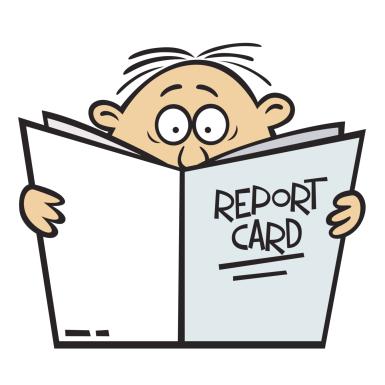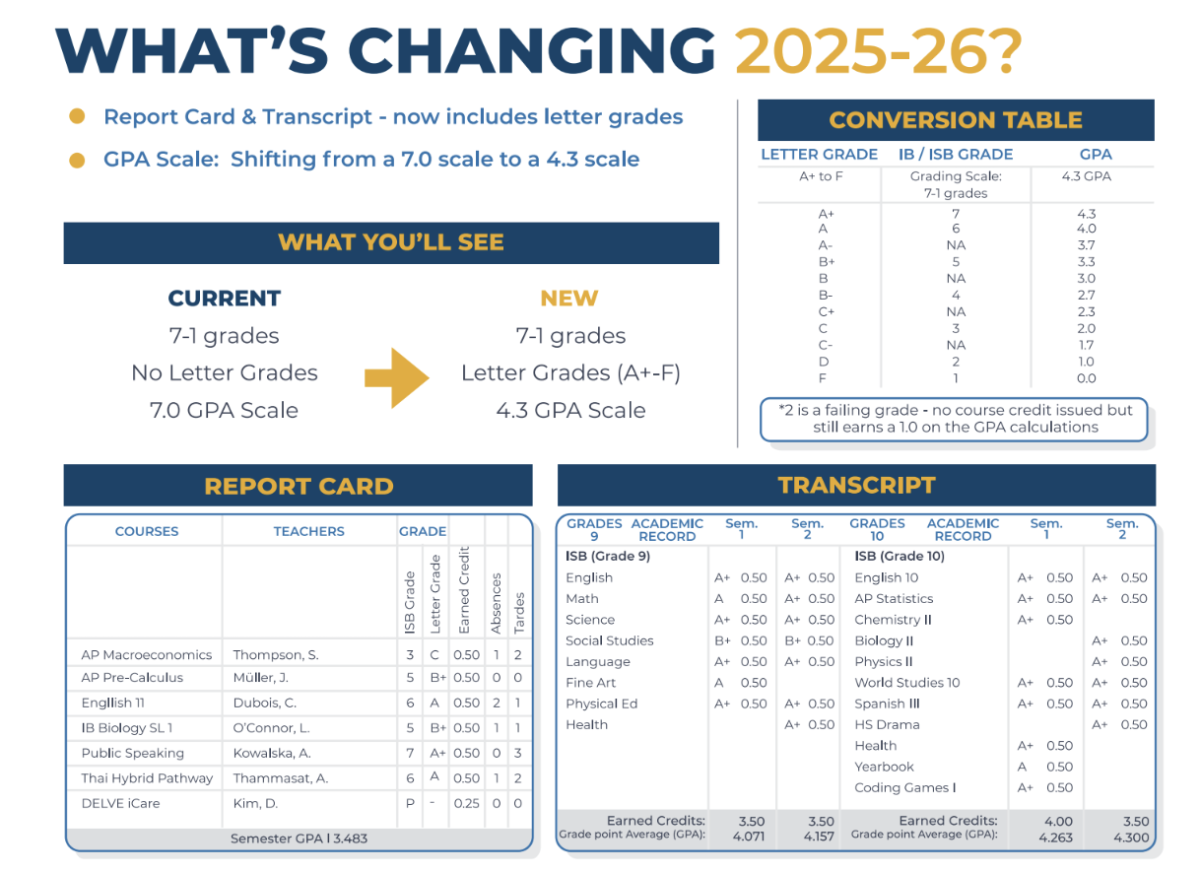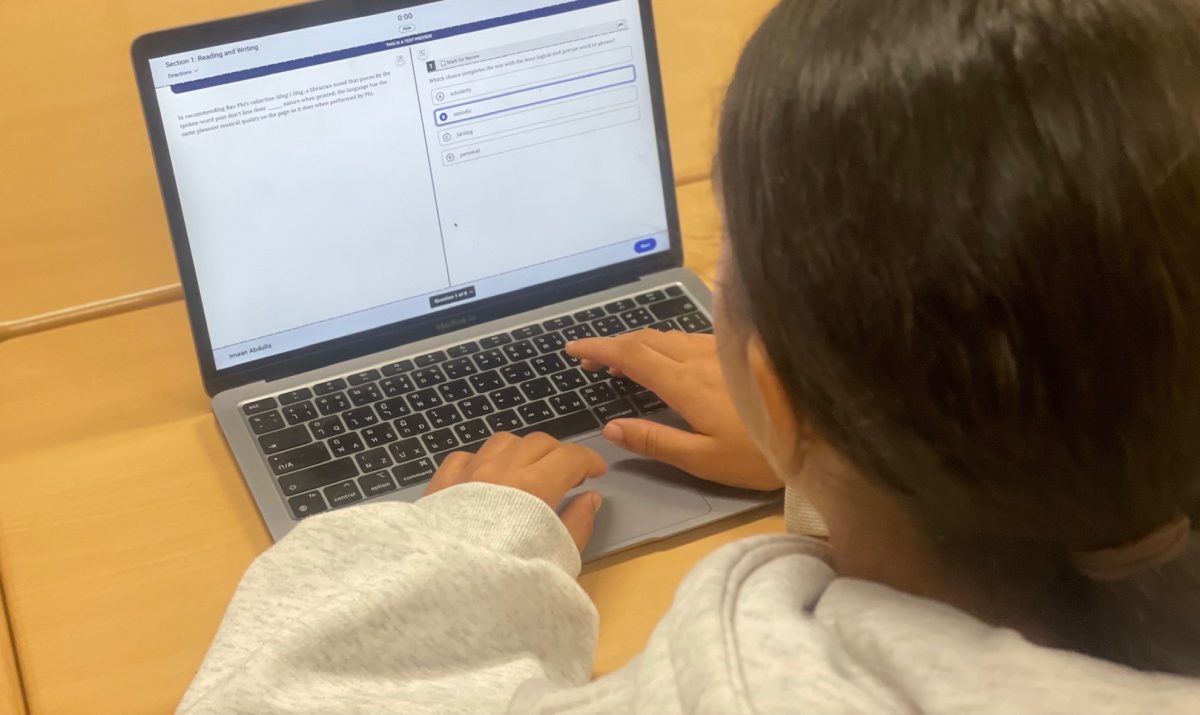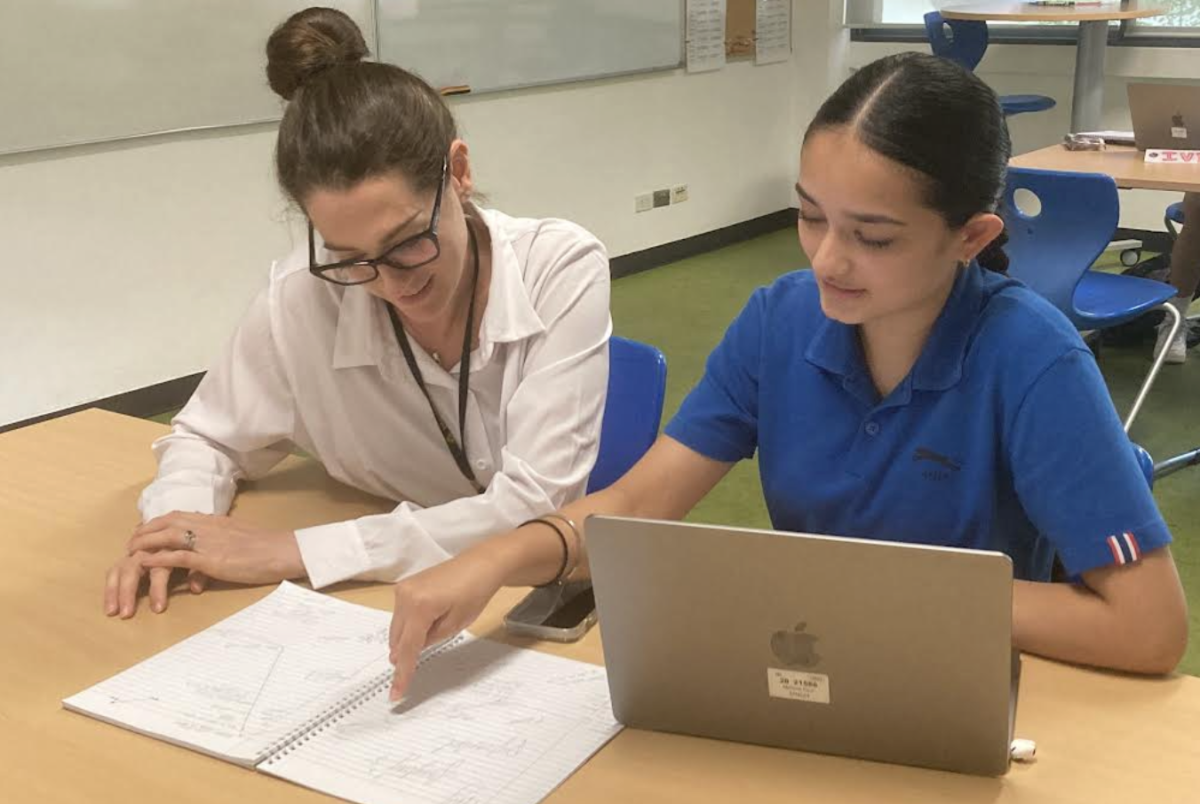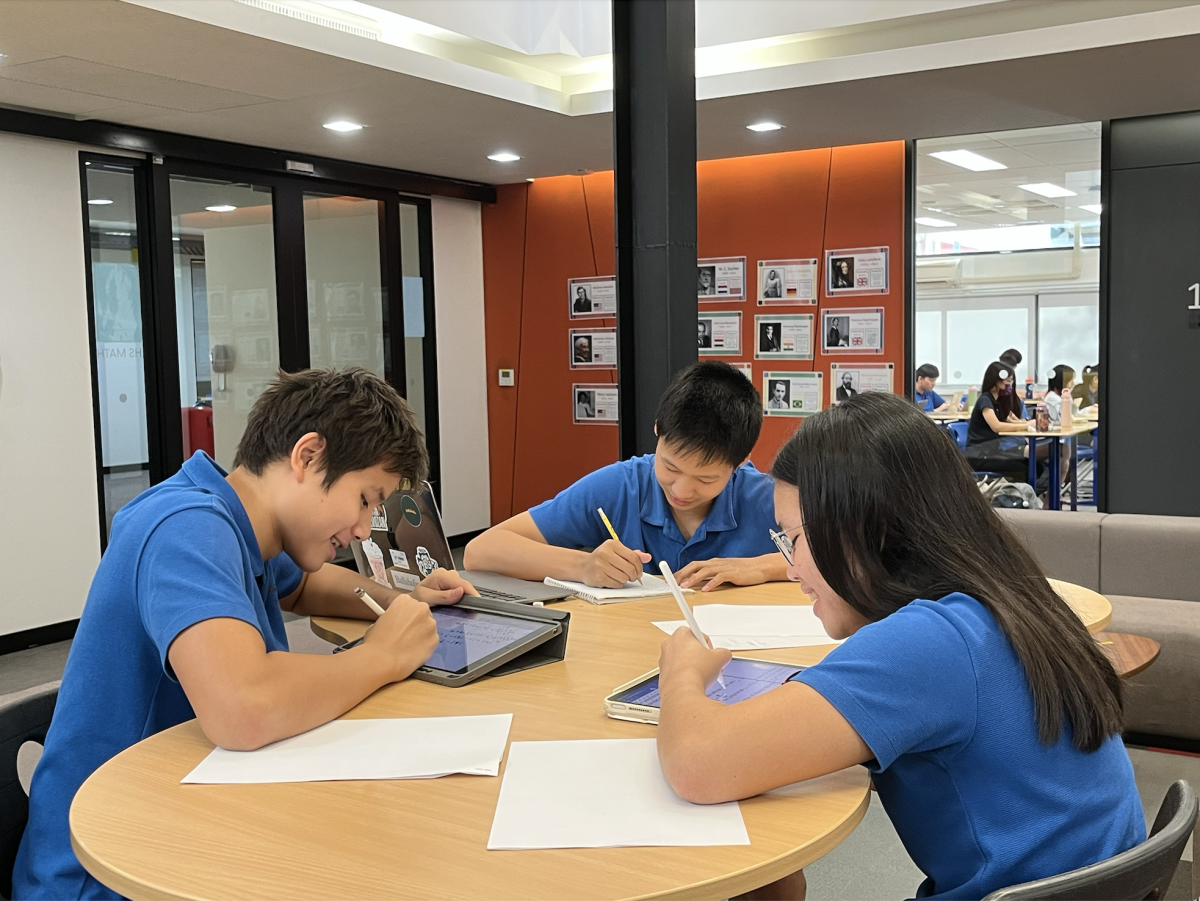Over the past year, ISB’s administration and faculty have been taking a hard look at our assessment and reporting practices in the High School with the aim of improving student learning and reducing the stress students might feel over grades and GPA.Our current grading system is based on a “13 tier” system that goes from A+ all the way down to F. The major changes that the Admin is exploring include shifting to a 1-7 scale of achievement, eliminating the weighting formula we currently use, and redefining the system we use to calculate GPA (Grade Point Average).
 High school Principal Philip Bradley of ISB shared his opinion with PantherNation on the process of this change. “This idea has been talked about and researched at ISB for over 7 years.” He also shares, “We have surveyed a wide range of colleges and universities the world round, as well as other international schools with similar enrollments and missions to ours. One thing became abundantly clear in speaking to these universities… they have no concern, in fact, they could be said to be encouraging of the shift to the 1-7 scale in that it will give them a very clear universal data for making admission decisions.”
High school Principal Philip Bradley of ISB shared his opinion with PantherNation on the process of this change. “This idea has been talked about and researched at ISB for over 7 years.” He also shares, “We have surveyed a wide range of colleges and universities the world round, as well as other international schools with similar enrollments and missions to ours. One thing became abundantly clear in speaking to these universities… they have no concern, in fact, they could be said to be encouraging of the shift to the 1-7 scale in that it will give them a very clear universal data for making admission decisions.”
Weighted classes are classes that have a “bump” (0.5 GPA), which boosts your grade. When most colleges and universities receive a transcript from a HS student, one of their initial actions is to “de-weight” all the courses so they may come to a fair and accurate standard of appraisal for all students who are applying to their school. “They take the merit of the course itself as evidence of the inherent challenge. University Admissions Officers are very aware of the difference in a Yearbook vs. an IB HL Physics class, so they don’t see any added weighting as significant,” claimed HS Counselor Mr. Kevin Callahan.
Removing any weighted courses may be a helpful improvement to ISB. Currently, students may choose to take courses based on the “GPA bump” that weighting may offer… as such, students may be “chasing the grade” rather than the learning. One of ISB’s stated goals is to produce “inspired and passionate learners.” By dropping the weighting formula, students will be asked to choose courses based on their passions rather than their GPA boost.
The admin is also looking at changing the way we report GPA to universities, with the major difference being a shift from the current 4.8 scale to a 7.0 scale which would better align with our new 1-7 grading system. The 1-7 scale, which represents only 7 “tiers”, is similar to the reporting system used by the International Baccalaurate (IB). It is also the same scale we currently use to report HAL Grades.
Mr. Bradley is confident the new changes will have an impact on the quality of student learning at ISB. “The changes will improve grading consistency within and across subjects in all grade levels, offer universities and colleges an internationally understood and “inflation free” grading scale, and help new teachers to adjust to ISB in that our grading system will be more internationally recognized, and therefore more familiar to them.”
The administration has met and worked with a range of organizations to discuss these changes, including the PTA, Student Council, PantherNation class and ISB parents. If you have any further questions, they will be happy to sit down and talk with you.
Comments from leading Universities:
Harvard University – “We have no preference as to grading scale and we are equally comfortable reading applications with grades on the IB scale as we are applications on the A to F scale. As my colleague puts it, we are multilingual when it comes to transcripts.” Robyn Jones
University of California, Berkeley – “It makes a lot of sense to use the IB grading system. We also want students to input their IB scores as they appear on the academic record. They should not convert to the US grading scale.”
Brown – “We can work with any scale as long as you tell us what that scale is. I think a 1-7 scale is easier and makes more sense. Lots of schools use the scale. I can’t speak for all universities, but the top ones are used to this!”
Grace Yang and Poon Singhatiraj (with assistance from Mr. Duffy)

